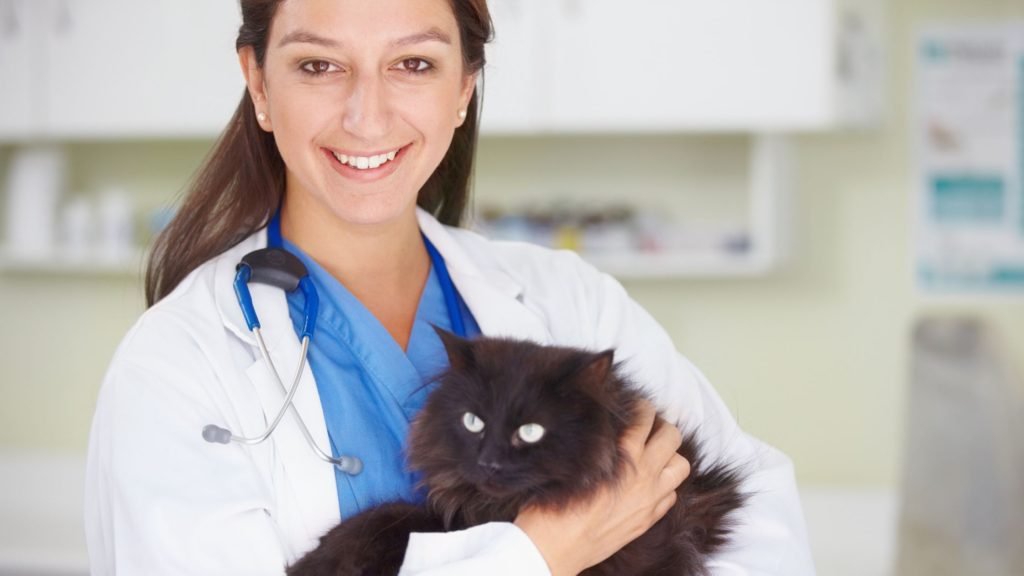Get the lowdown on the healthiest cat breeds, and choose the ideal feline partner for a long-lasting friendship.
This comprehensive guide will delve into the healthiest cat breeds, giving you valuable insights into picking the perfect companion. We’ll also address the least healthy cat breeds and reveal the secrets behind the cat with the most extended lifespan. So, let’s begin this exciting journey to find the healthiest cat breeds that will surely melt your heart!
Top Healthiest Cat Breeds
Siamese Cats
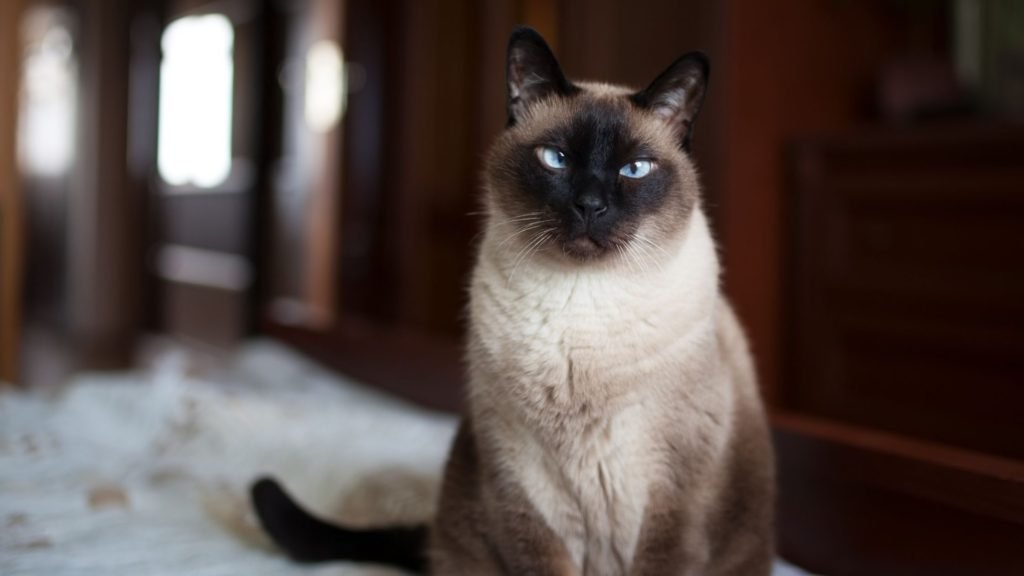
Siamese cats are known not only for their striking appearance but also for their excellent health. With a lean body and relatively low risk of genetic health issues, Siamese cats have a lifespan of 15-20 years when well-cared for.
Burmese Cats
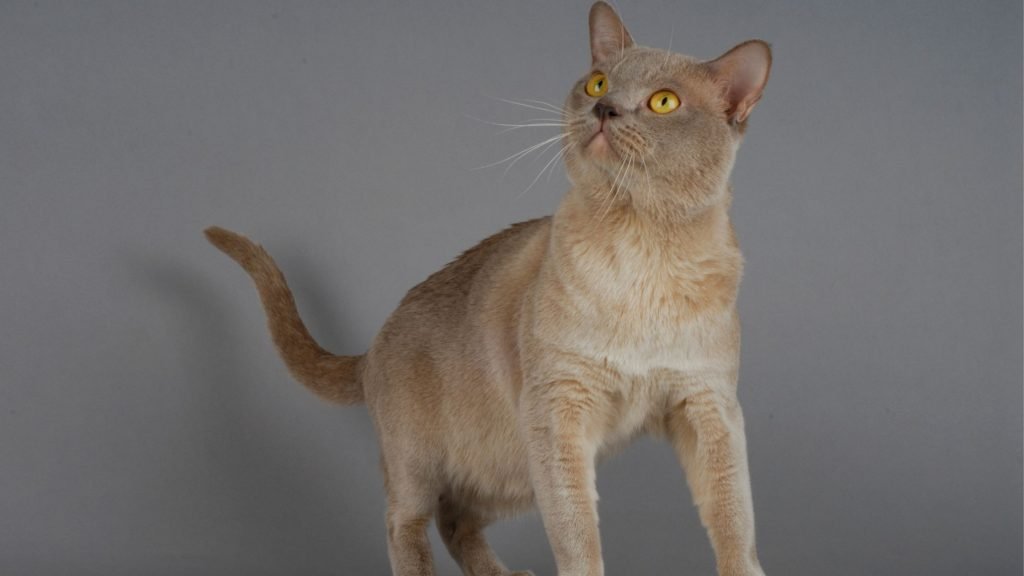
Burmese cats are another healthy breed with a lifespan of around 16-18 years. They are sturdy and generally free from severe genetic health problems. Regular check-ups and a balanced diet are essential to keep them in shape.
Russian Blue Cats
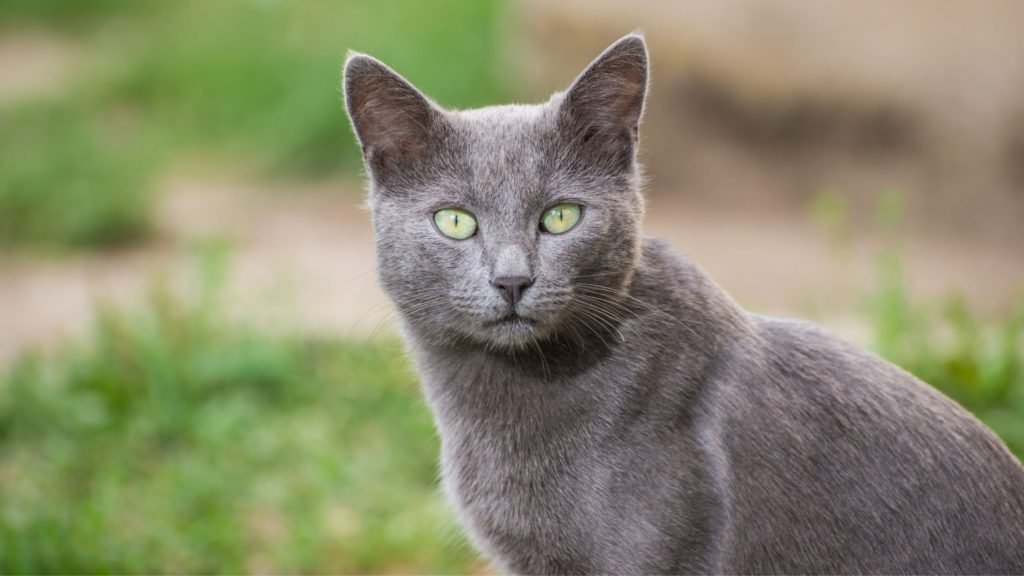
Russian Blue cats are a healthy and robust breed with plush blue coats and striking green eyes. They have a lifespan of approximately 15-20 years and are known for being relatively low-maintenance, requiring only moderate grooming.
Bombay Cats
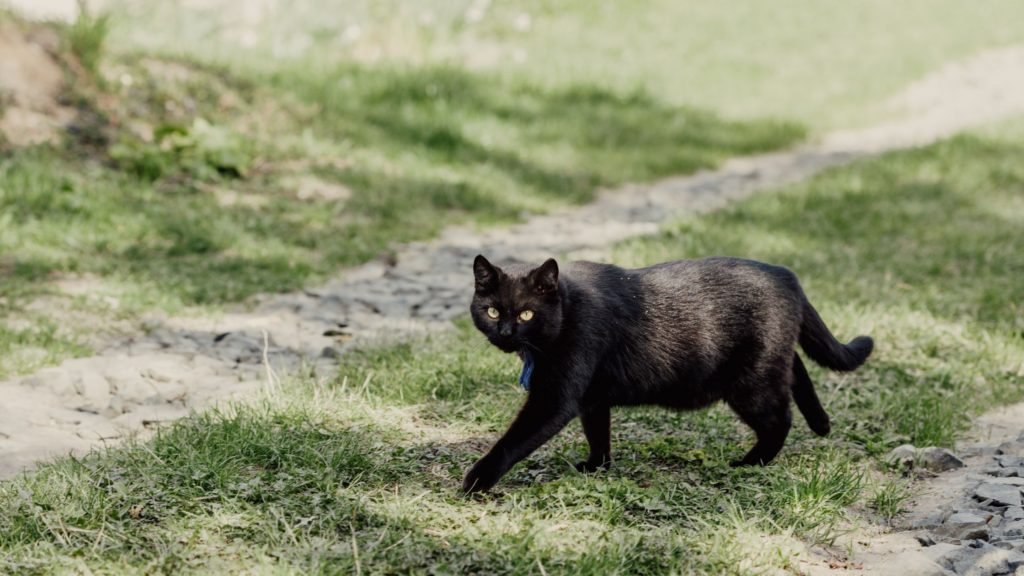
Bombay cats are famous for their sleek, black coats and bright copper eyes. This breed is known for its good health, with a lifespan of 12-16 years. Bombay cats are generally healthy, but like all cats, they require regular veterinary check-ups and a nutritious diet.
Tonkinese Cats
Tonkinese cats are a crossbreed of Siamese and Burmese cats, and they inherit their excellent health from both parent breeds. They typically live for 15-18 years, and their friendly and outgoing nature makes them a joy to be around.
What is the Least Healthy Cat Breed?
Persian Cats
With their long, luxurious coats and flat faces, Persian cats are prone to several health issues. They may suffer from respiratory problems, Polycystic Kidney Disease (PKD) and are more likely to develop dental issues due to their facial structure. Regular vet visits and proactive care can help manage these concerns.
What Cat Has the Longest Lifespan?
Sphynx Cats
The average lifespan of a Sphynx cat, a hairless breed, is 20 years or more if it is well taken care of. Their lack of fur necessitates special attention to hygiene, yet their long lives attest to their general health.
Ensuring a Healthy Life for Your Cat
Care, diet, and frequent veterinarian check-ups are essential for the health and happiness of pets of any breed. Remember that even the healthiest cat breeds can get sick, so taking preventative measures and closely monitoring your cat’s health is essential.
Preventative Care
Regular veterinary check-ups, vaccinations, and parasite prevention are essential for maintaining a cat’s health, regardless of breed. Early detection of potential health issues can lead to more effective treatment and better outcomes for your cat. Discuss your cat’s unique health needs with your veterinarian to develop a preventative care plan tailored to its specific requirements.
Balanced Nutrition
Feeding your cat a balanced, age-appropriate diet is crucial for their health. High-quality cat food that meets their nutritional needs will keep their body functioning optimally and support their immune system.
Regular Exercise and Mental Stimulation
Cats require regular exercise and mental stimulation to maintain good health. Providing toys, puzzles, and interactive play sessions will keep your cat physically and mentally engaged, preventing obesity and boredom-related behavioral issues.
Scheduling Regular Veterinary Check-ups
Regular veterinary check-ups are crucial for catching potential health issues early and ensuring your cat is in the best possible shape. It’s wise to schedule annual or biannual visits with your vet to monitor your cat’s health and address any concerns.
The Joy of Sharing Your Life with a Healthy Cat
Choosing one of the healthiest cat breeds can significantly increase the chances of a long and happy life together. Understanding the specific health risks associated with each breed and providing appropriate care allows you to enjoy many years of love and companionship with your feline friend.
Environmental Factors and Cat Health
Indoor vs. Outdoor Living
While many cat breeds are adaptable to indoor and outdoor living, keeping your cat indoors can significantly increase its lifespan. Indoor cats are less exposed to parasites, diseases, and potential accidents. They also avoid encounters with other animals that could lead to injury or illness. Providing an enriched indoor environment with toys, scratching posts, and opportunities for climbing and exploration is essential for a happy, healthy indoor cat.
Diet and Nutrition
No matter the breed, proper nutrition is crucial for maintaining a healthy cat. Feeding a high-quality, age-appropriate diet will ensure your cat receives the necessary nutrients for optimal health. Some breeds may have specific dietary needs, so consulting your veterinarian for guidance on the best food for your cat is always recommended.
Exercise and Mental Stimulation
All cats need regular exercise and mental stimulation to stay healthy and happy. Engaging in interactive playtime, providing puzzle toys, and offering opportunities for exploration can help keep your cat physically and mentally fit. Exercise needs vary between breeds, so knowing your cat’s activity level and providing the appropriate amount of stimulation is essential.
Making the Right Choice for You
When selecting a cat breed, it’s crucial to consider their general health and how well they will fit into your lifestyle and living situation. Some species may be more prone to specific health issues, but proper care and management can mitigate these risks. Ultimately, the healthiest cat for you is one whose needs you can meet consistently and whose temperament and energy level align with yours.
In conclusion, the healthiest cat breeds tend to have fewer genetic health issues and more robust immune systems. However, it’s essential to remember that genetics, lifestyle, and environmental factors influence a cat’s overall health. Proper care, nutrition, and preventative measures can help ensure a long, healthy life for any cat, regardless of breed. By considering the general health of a species and your ability to meet its specific needs, you can decide on the best feline companion for you and your family.

